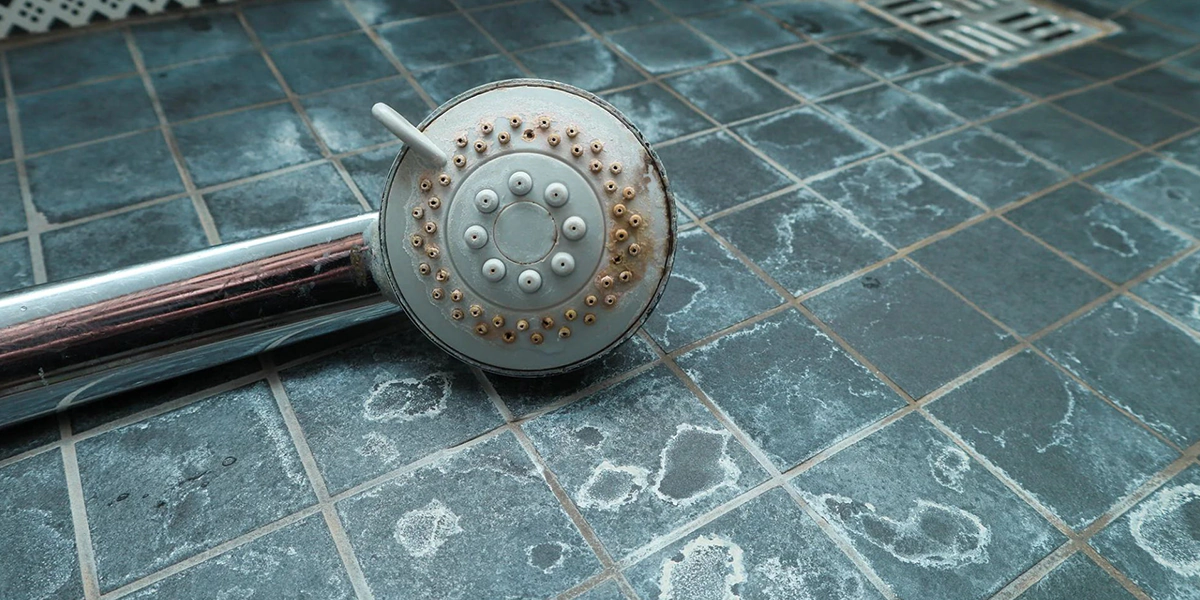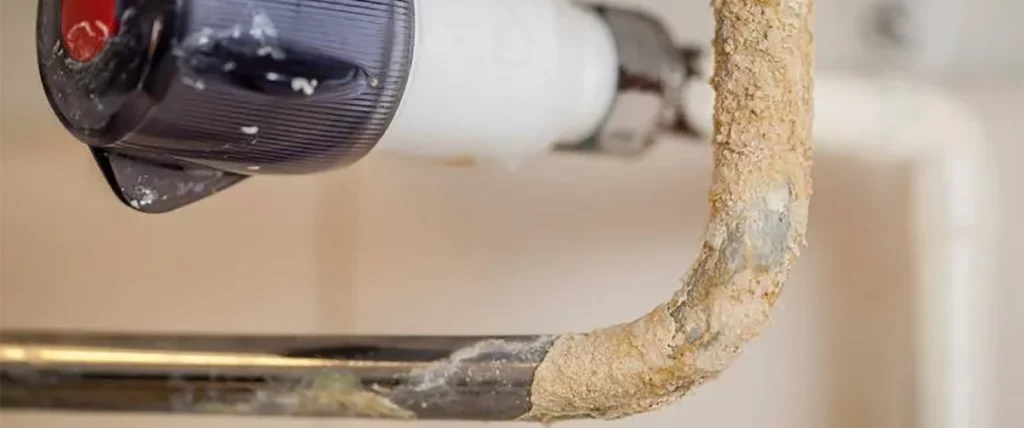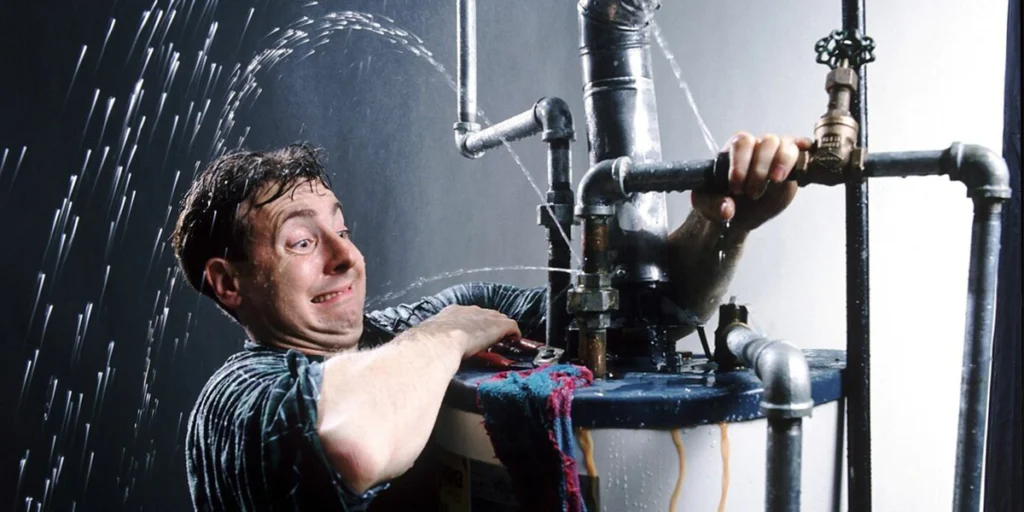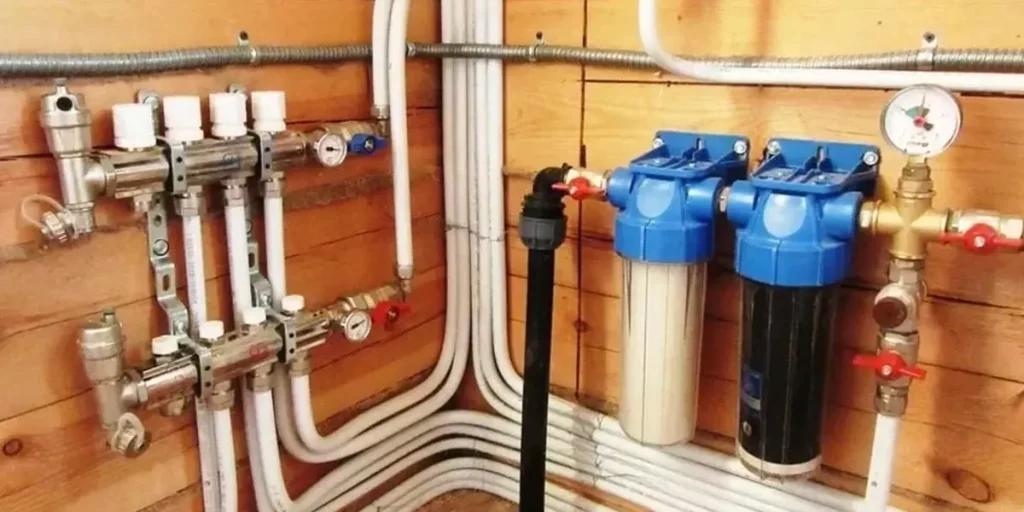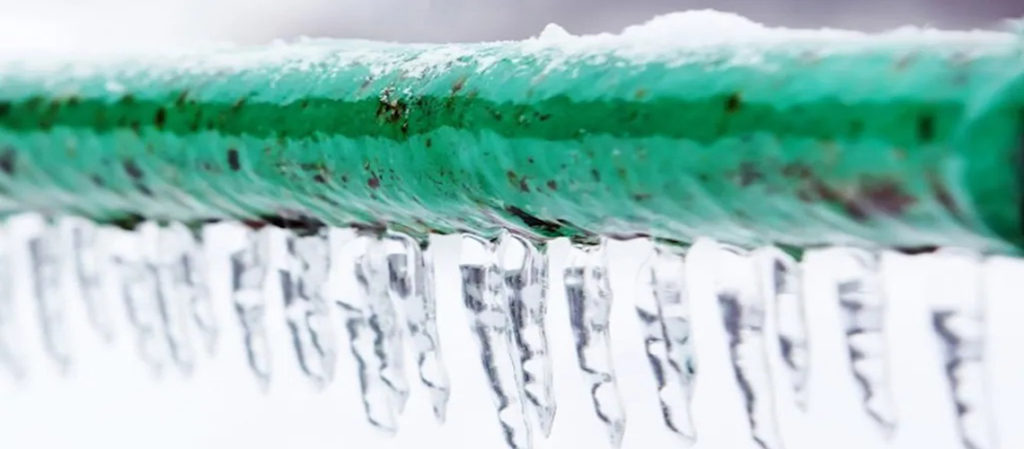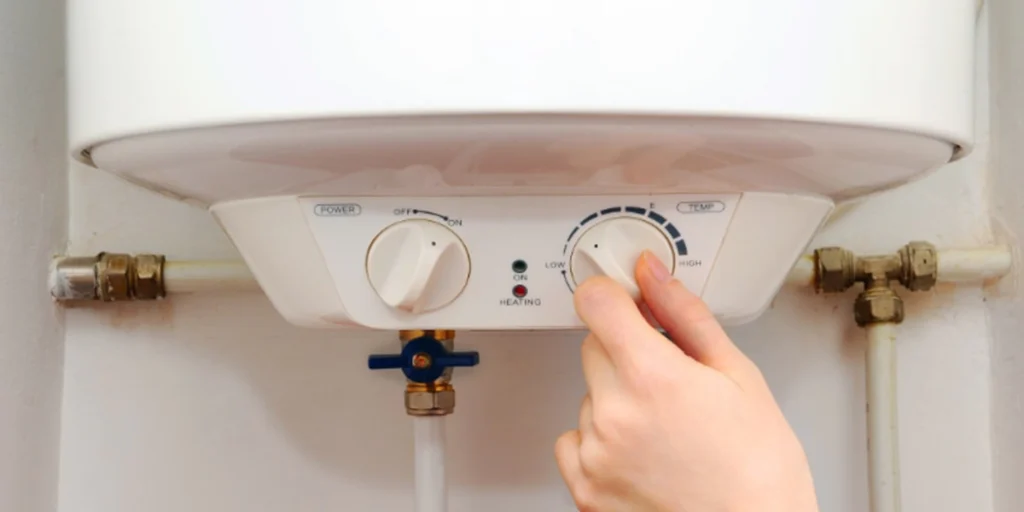Hard water is a widespread issue that affects many households, leading to various complications with plumbing, appliances, and daily tasks. Understanding what causes the hardness of water and knowing how to treat hard water can help reduce these negative effects and improve water quality. This article explores the causes of hard water and offers solutions to make your water softer and more manageable.
Contents
What Is Hard Water?
Before exploring the causes of hardness in water, it’s essential to understand what hard water is. Hard water refers to water that contains high concentrations of minerals, primarily calcium and magnesium. These minerals enter the water as it travels through rock formations like limestone, chalk, or gypsum. The more minerals the water absorbs, the harder it becomes, resulting in very hard water in many regions.
What Are the Causes of Hard Water?
The hardness of water is caused by dissolved minerals, primarily calcium and magnesium, that accumulate in the water as it moves through the ground. Below are the main causes of hard water:
- Calcium Carbonate and Magnesium Sulfate: These minerals are the primary culprits of hardness of water. Water that flows over limestone or chalk-rich areas absorbs calcium and magnesium, leading to hard water.
- Iron: In some cases, iron contributes to water hardness. Although not as common as calcium and magnesium, iron can cause staining on appliances and clothes, adding to the issues of hard water.
- Water Source: Depending on the region, groundwater in areas with significant limestone deposits tends to be harder than water in other areas. This geological factor plays a big role in the causes of hardness of water.
These minerals contribute to the permanent hardness of water, which remains even after boiling, unlike temporary hardness that can be removed by simple heating.
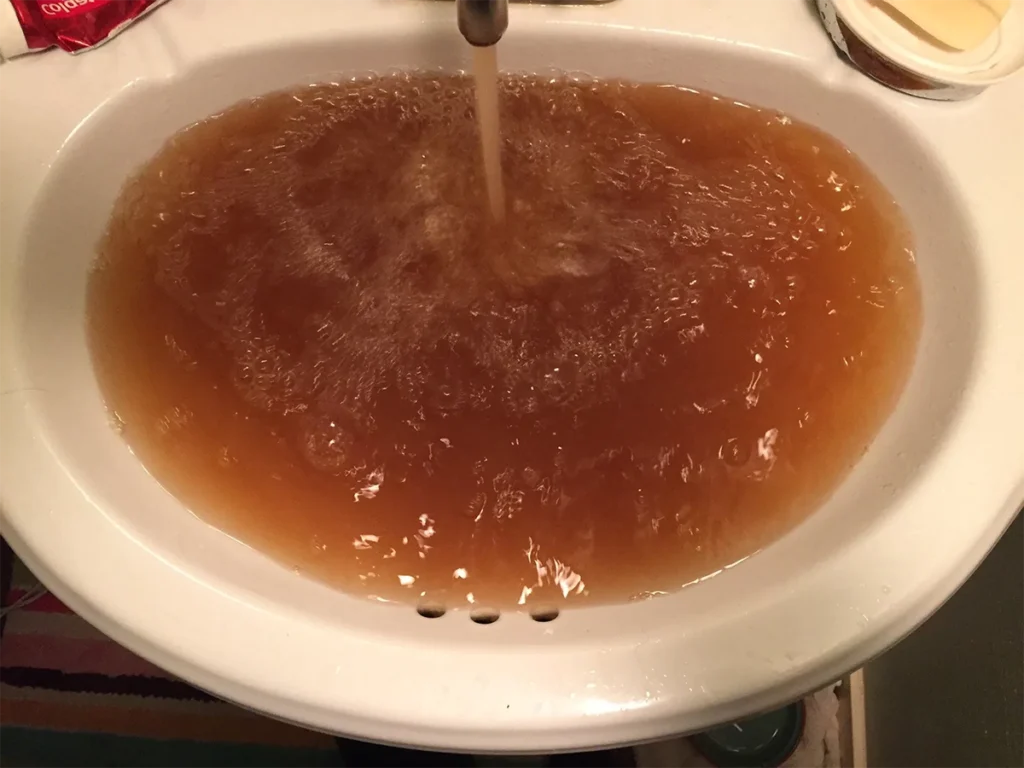
Effects of Hard Water in a Home
Hard water can have several negative impacts in a household. Understanding these effects can explain why many people seek ways to treat hard water.
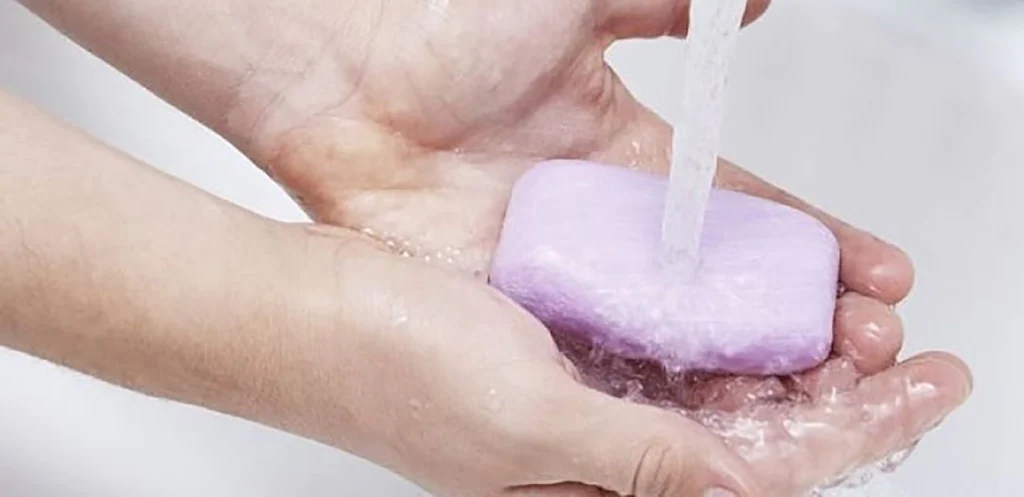
- Soap Inefficiency: The minerals in hard water interfere with soap’s ability to lather, meaning you need more soap to achieve the same cleaning effect. This can increase the cost of detergents and make cleaning more difficult.
- Plumbing Issues: Over time, mineral deposits build up in pipes, leading to clogs and reduced water flow. Hard water can also cause buildup in appliances like dishwashers and washing machines, reducing their efficiency.
- Skin and Hair Problems: Hard water can make skin feel dry and itchy while also leaving hair dull and harder to manage. The minerals strip moisture from the skin and hair, leaving behind a residue.

- Appliance Damage: Hard water can cause scale buildup in appliances, reducing their efficiency and lifespan. Water heaters, dishwashers, and washing machines are especially vulnerable to damage from hard water.
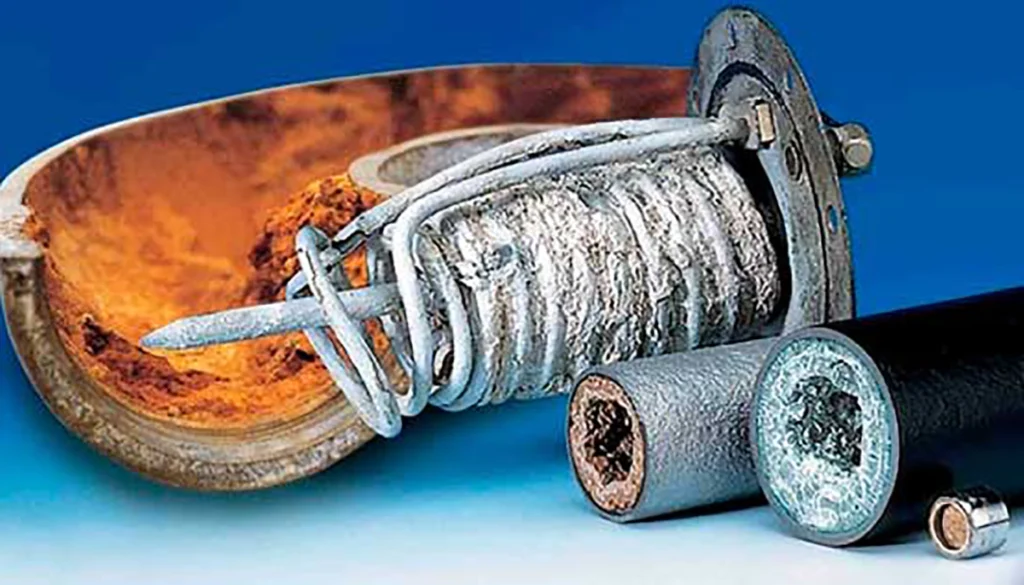
Because of these effects, understanding what is hard water and how to treat it becomes essential for homeowners dealing with this issue.
How to Treat Hard Water
If you’re dealing with hard water at home, several solutions can help soften the water and minimize its negative impact.
- Water Softeners
Water softeners are the most common and effective way to treat hardness of water. These devices remove calcium and magnesium from the water through a process called ion exchange.
- How It Works: Water softeners use resin beads coated in sodium or potassium ions. As hard water passes through the resin, the calcium and magnesium ions are replaced with sodium or potassium, softening the water.
- Regeneration: Over time, the resin beads become saturated with minerals and need to be recharged using a saltwater solution, restoring their ability to soften water.
Water softeners are particularly effective in treating permanent hardness that can’t be removed by boiling.
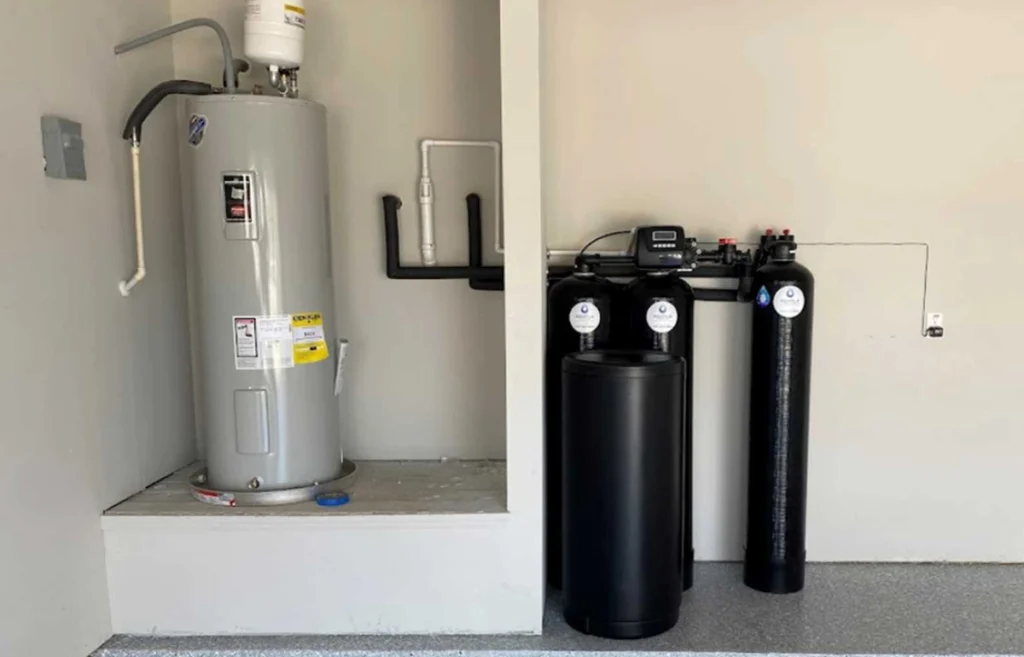
- Descaling Devices
For homeowners who want a simpler solution, descaling devices are another option. While these devices don’t remove the minerals from the water, they change their structure to prevent them from forming scale in pipes and appliances.
- How It Works: Descalers use electronic or magnetic fields to alter the behavior of minerals in the water. Although the minerals remain in the water, they no longer cling to surfaces, preventing buildup.
- Benefits: Descaling is particularly useful for homeowners concerned about buildup in their plumbing and appliances rather than softening water for personal use.
- Reverse Osmosis Systems
Reverse osmosis (RO) is another method used to remove hard minerals and other contaminants from water.
- How It Works: RO systems filter water through a semi-permeable membrane that removes not only calcium and magnesium but also other impurities like iron and fluoride.
- Best Use: While RO systems are highly effective, they are typically used for drinking water or specific parts of the home, as they produce a limited amount of water.
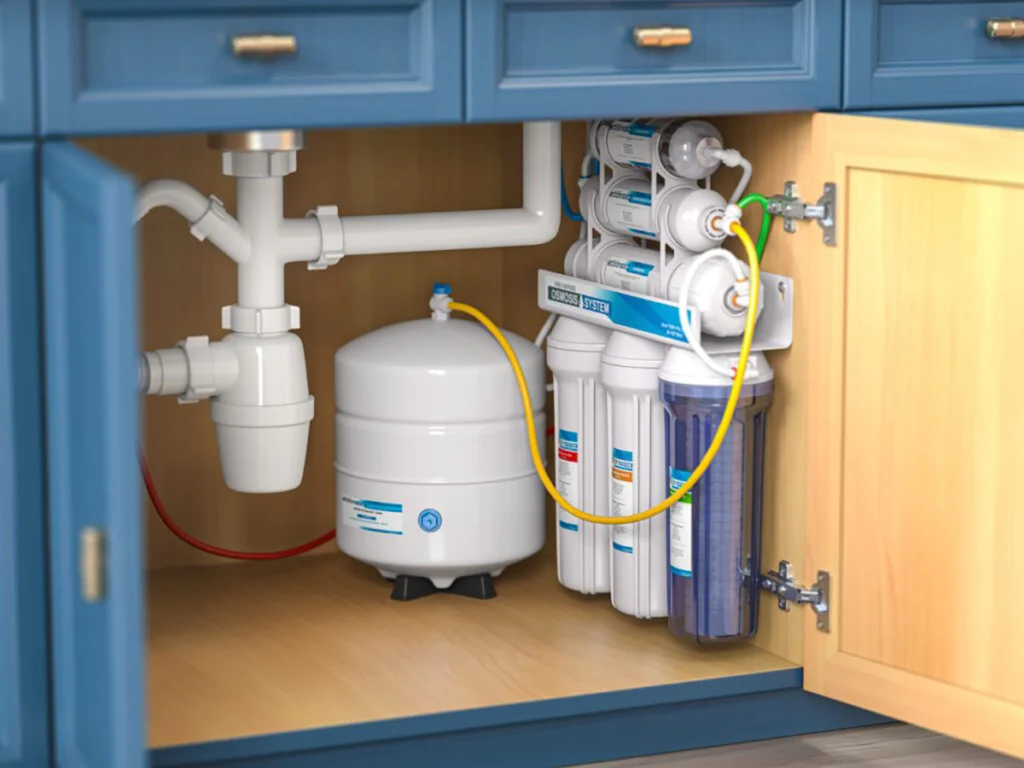
- Boiling Water
For small amounts of water, boiling can temporarily soften it. Boiling causes the calcium and magnesium in the water to precipitate out, leaving behind softer water. While this is an effective solution for temporary hardness, it’s not practical for treating all the water in your home.
Preventing Hard Water Damage
While knowing how to treat hard water is important, preventing its effects in your home is equally crucial. Here are a few tips to mitigate hard water damage:
- Clean with Vinegar: Vinegar is a great natural cleaner for removing hard water stains from faucets, showerheads, and appliances.
- Maintain Appliances: Regularly descaling appliances like water heaters and dishwashers can help prevent damage caused by hard water.
- Test Your Water: Testing your water’s hardness will give you a better understanding of its severity and help you choose the right treatment solution.
Taking these preventive measures can help reduce the negative effects of hard water on your home.
Conclusion
The causes of hard water are primarily due to the high concentrations of calcium, magnesium, and occasionally iron that dissolve into the water as it moves through mineral-rich areas. While hardness of water is caused by these minerals, several methods can help you effectively soften your water. From water softeners and descaling devices to reverse osmosis systems, knowing how to treat hard water will improve your home’s water quality, extend the lifespan of your appliances, and make everyday cleaning easier.



